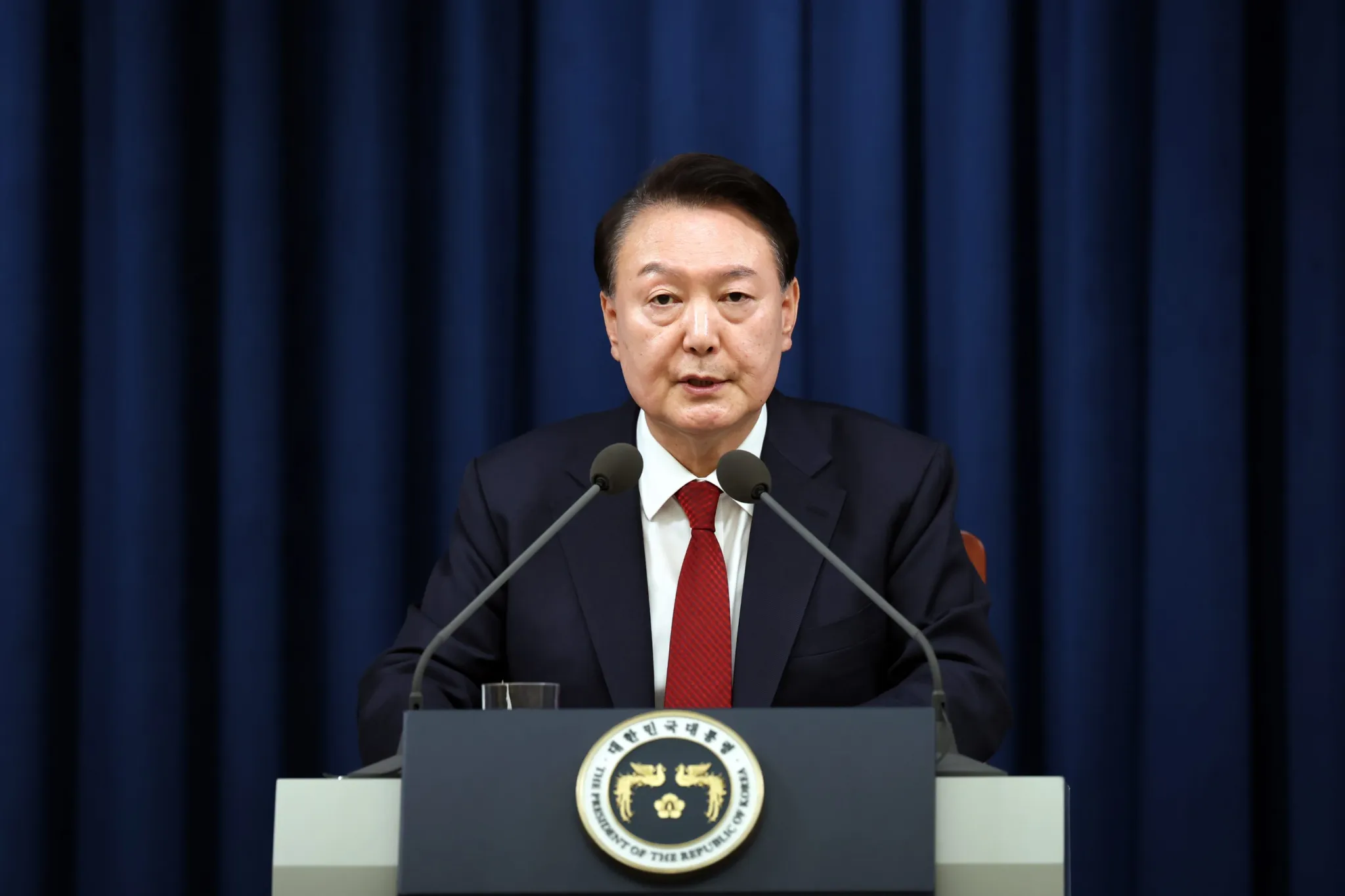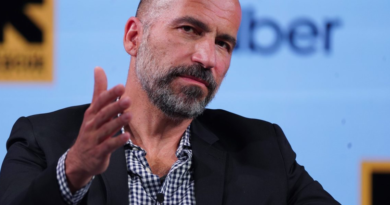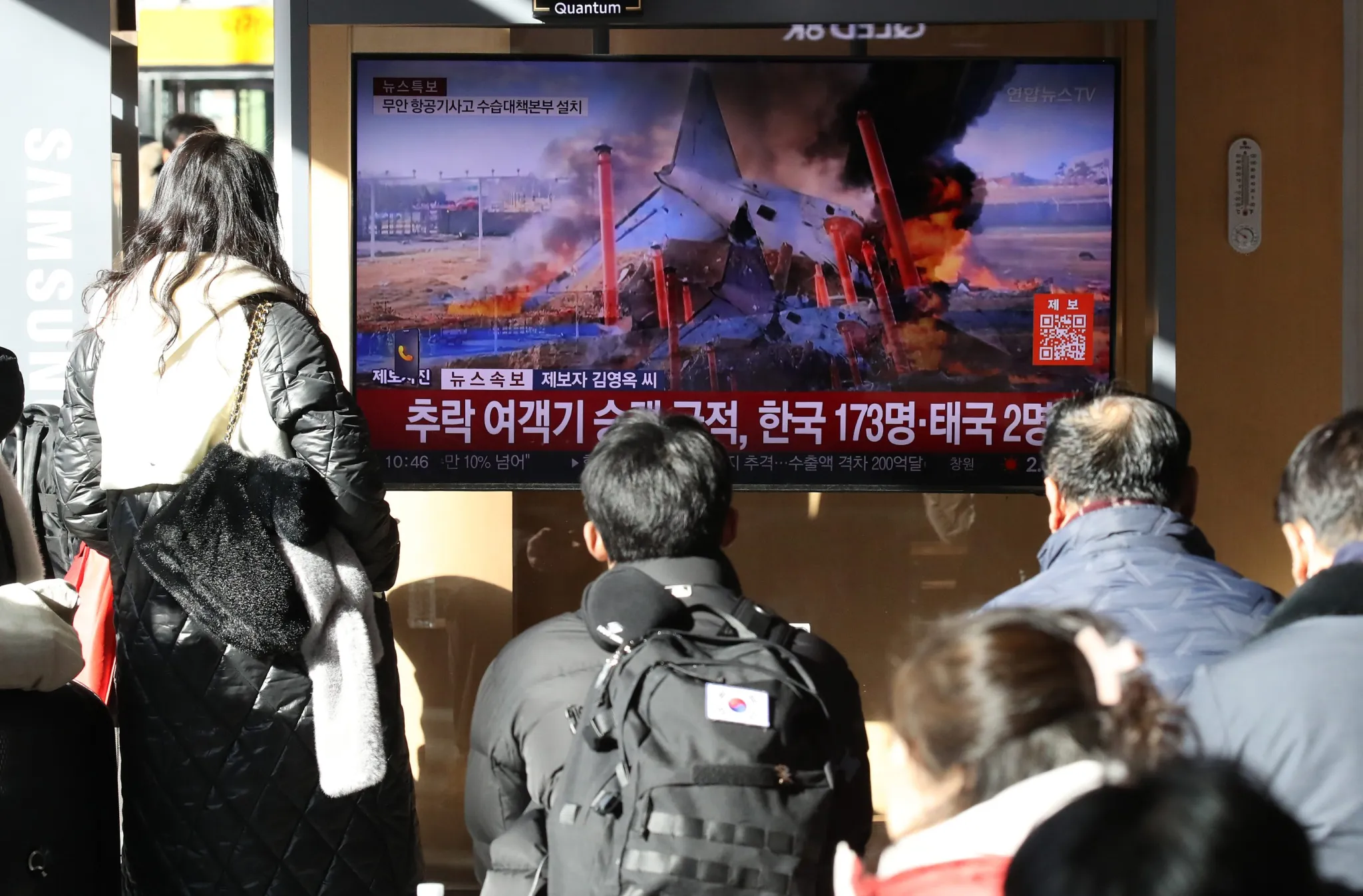South Korean president’s possible impeachment comes after a rollercoaster of scandals and disaster
Yoon Suk Yeol’s presidency of South Korea has been a rollercoaster of scandals and disasters and now he faces impeachment after imposing martial law and sending troops and helicopters to parliament.
But the country’s plunge back into the dark days of military rule only lasted a few hours, and after a night of protests and high drama Yoon was forced into a U-turn in the early hours of Wednesday.
The opposition have filed a motion to impeach Yoon, 63, who has since gone to ground, and on Thursday his political survival was hanging by a thread.
Yoon “gravely violated the constitution and the law” and sought to “evade imminent investigations… into alleged illegal acts involving himself and his family”, according to the motion.
Born in dictatorship
Born in Seoul in 1960 months before a military coup, Yoon studied law and went on to become a star public prosecutor and anti-corruption crusader.
He played an instrumental role in Park Geun-hye, South Korea’s first female president, being convicted of abuse of power, imprisoned and impeached in 2016.
As the country’s top prosecutor in 2019, he also indicted a top aide of Park’s successor, Moon Jae-in, in a fraud and bribery case.
The conservative People Power Party (PPP), in opposition at the time, liked what they saw and convinced Yoon to become their presidential candidate.
He duly won in March 2022, beating Lee Jae-myung of the Democratic Party, but by the narrowest margin in South Korean history.
Halloween to handbag
Yoon was never much loved by the public, in particular by women — he vowed on the campaign trail to abolish the ministry of gender and equality — and he has lurched from scandal to scandal.
This included his administration’s handling of a 2022 crowd crush during Halloween festivities that killed more than 150 people.
Voters have also blamed Yoon’s administration for food inflation, a lagging economy and increasing constraints on freedom of speech.
He was accused of abusing presidential vetoes, notably to strike down a bill paving the way for a special investigation into alleged stock manipulation by his wife Kim Keon Hee.
Yoon suffered further reputational damage last year when his wife was secretly filmed accepting a designer handbag worth $2,000 as a gift. Yoon insisted it would have been rude to refuse.
His mother-in-law, Choi Eun-soon, was sentenced to one year in prison for forging financial documents in a real estate deal. She was released in May 2024.
Yoon himself was the subject of a petition calling for his impeachment earlier this year, which proved so popular the parliamentary website hosting it experienced delays and crashes.
You can sing!
Local media have reported that Yoon is particularly enamoured of British wartime prime minister Winston Churchill.
As president, Yoon has maintained a tough stance against nuclear-armed North Korea and bolstered ties with Seoul’s traditional ally, the United States.
Last year, he sang Don McLean’s “American Pie” during a visit to the White House, prompting US President Joe Biden to respond: “I had no damn idea you could sing.”
But his efforts to restore ties with South Korea’s former colonial ruler, Japan, did not sit well with many at home, as the issue remains sensitive in the country.
Lame duck
Yoon has been a lame duck president since the opposition Democratic Party won a majority in parliamentary elections this year. They recently slashed Yoon’s budget.
In his Tuesday night televised address to the nation, Yoon railed against “anti-state elements plundering people’s freedom and happiness” and his office has subsequently cast his imposition of martial law as a bid to break through legislative gridlock.
But to use his political difficulties as justification for imposing martial law for the first time in South Korea since 1980 is absurd, an analyst said.
“(This) is typically reserved for situations like war, emergencies, or other similar concerns regarding threats to national security,” said Gi-Wook Shin, a professor at Stanford University.
“This situation will test the strength of Korea’s liberal democratic institutions and their ability to counter such actions,” Shin told AFP.
“It also sends a broader message to Korean politicians and democracies worldwide that political goals cannot be pursued through such undemocratic means.”




